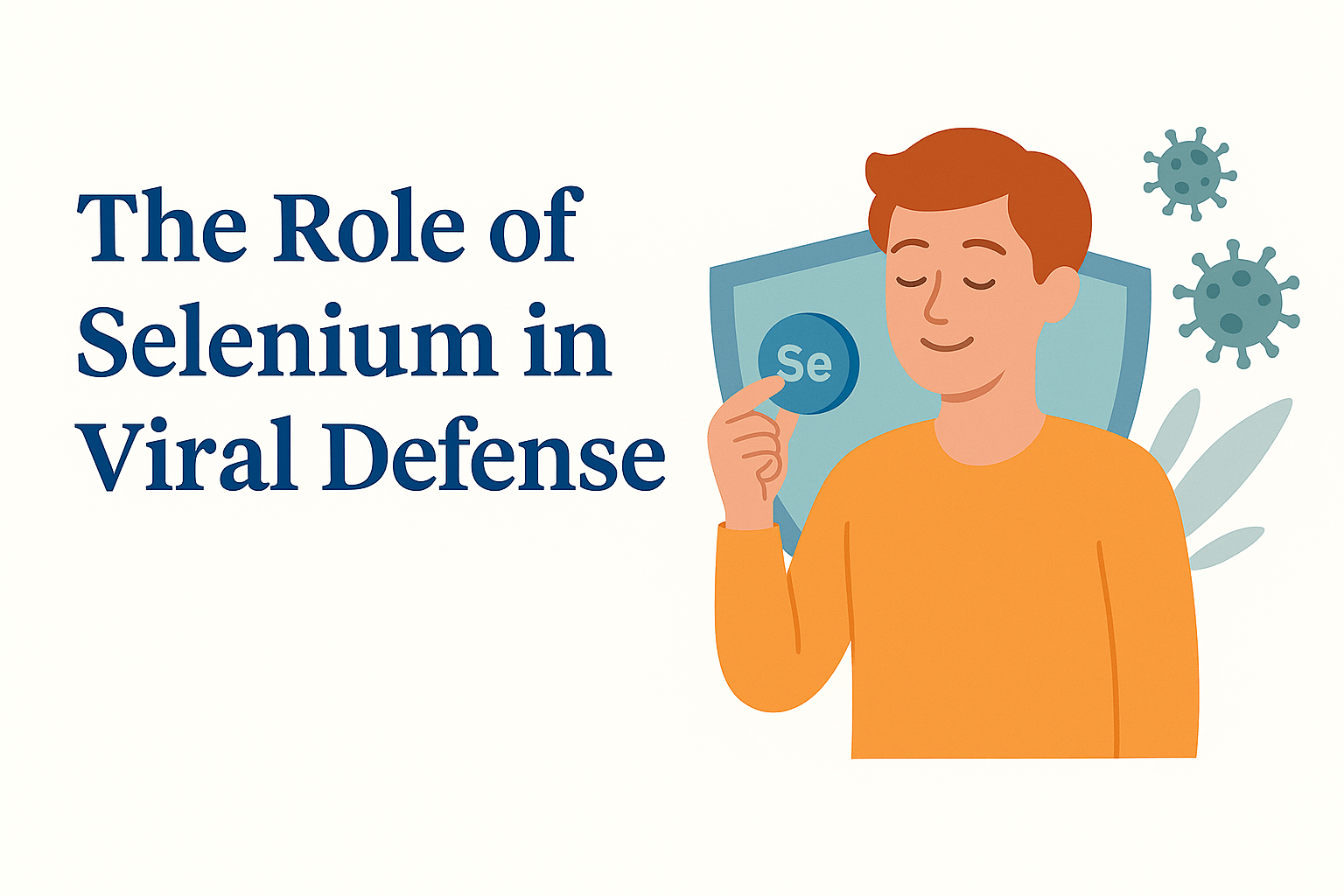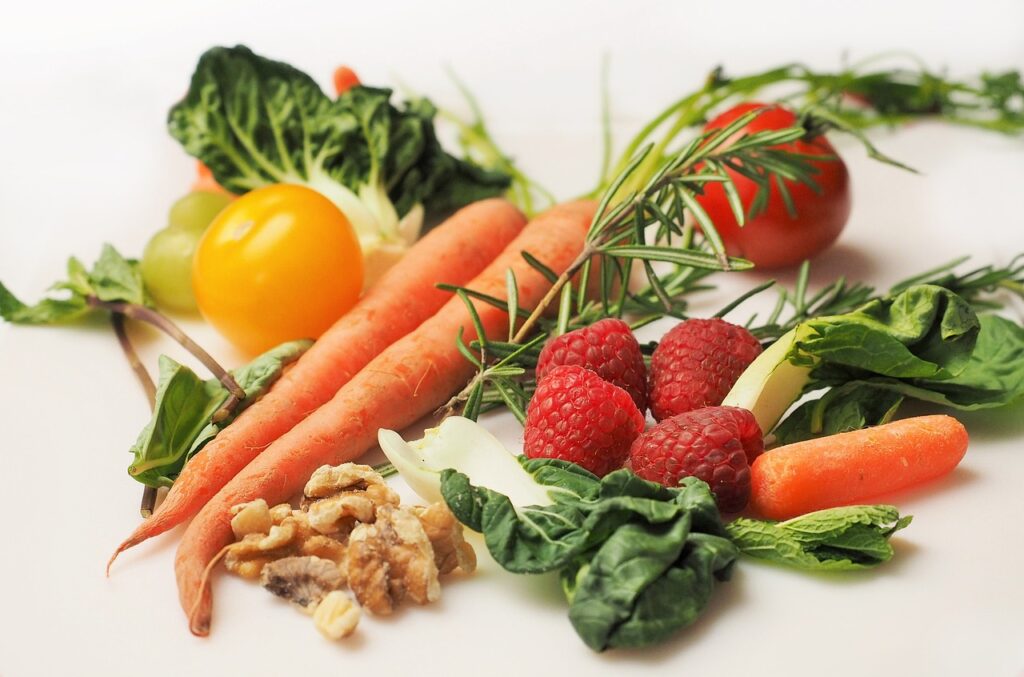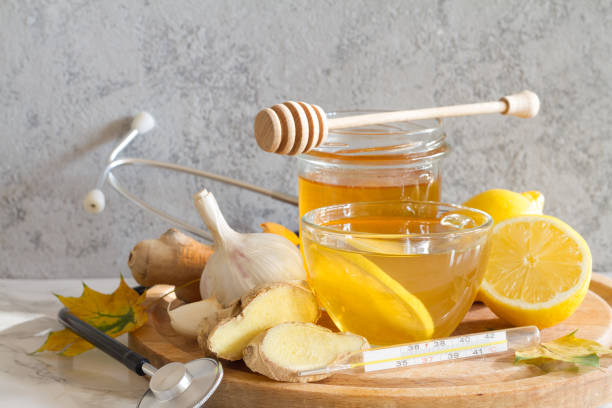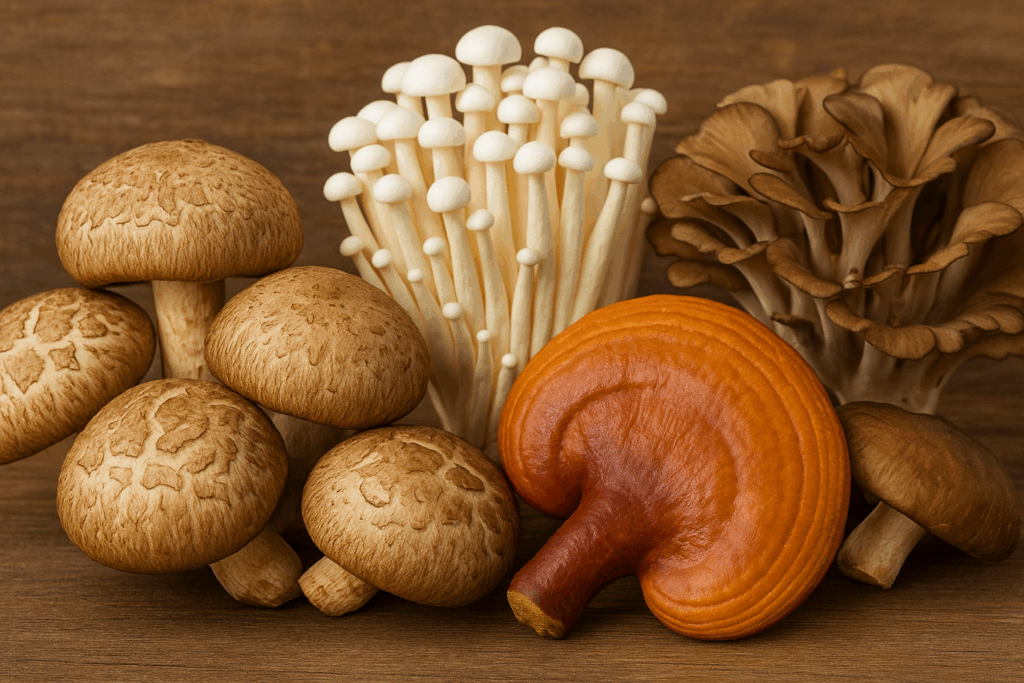When we think of nutrients that support immunity, we often picture vitamin C or zinc. But there’s a quiet hero working behind the scenes—selenium. This trace mineral may not get the same spotlight, but its role in immune health is incredibly powerful. Selenium helps your body mount a strong response to infections while keeping inflammation in check. Research even suggests it can influence how viruses behave once they’re inside your body. Let’s explore why selenium and the immune system are so closely linked, and how you can include more selenium-rich foods in your everyday diet without much fuss.
How Selenium Strengthens the Immune System
Selenium plays a vital role in immune function by supporting the activity of antioxidant enzymes called selenoproteins. These help reduce oxidative stress, which is like internal “rust” that can weaken immune cells. More importantly, selenium supports the production of white blood cells—your body’s infection-fighting army. Without enough selenium, your immune response can become sluggish and uncoordinated. Studies have shown that low selenium levels may lead to increased susceptibility to viral infections and prolonged illness. So if you’re looking to give your immune system an edge, making sure your selenium levels are on point is a smart move.
Selenium’s Role in Fighting Viral Infections
One of selenium’s most fascinating abilities is its impact on how viruses behave in the body. Research has shown that in selenium-deficient environments, certain viruses—like the flu or even HIV—can mutate more rapidly and become more virulent. In other words, a lack of selenium doesn’t just make you more vulnerable to getting sick—it could also make the virus itself nastier. That’s a pretty compelling reason to make sure you’re getting enough of this nutrient. It’s not just about preventing illness—it’s about limiting how serious an infection could become once it takes hold.
Best Selenium-Rich Foods to Include in Your Diet
Luckily, getting enough selenium through food is easy once you know where to look. The single richest source? Brazil nuts. Just one or two nuts can provide your full daily selenium needs. Other great sources include tuna, sardines, eggs, turkey, sunflower seeds, and whole grains. If you’re plant-based, mushrooms and brown rice also offer small but useful amounts. Remember that balance is key—selenium is powerful, but more isn’t always better. Over-supplementation can cause issues, so aim to get your selenium through food first and only supplement if recommended by a healthcare provider.
How to Add Selenium to Your Daily Routine
Adding selenium-rich foods to your diet doesn’t require fancy meal planning. Toss a few chopped Brazil nuts into your morning oatmeal, enjoy grilled salmon or tuna for dinner, or sprinkle sunflower seeds on a salad. If you’re short on time, even a hard-boiled egg or a turkey sandwich can help. The beauty of selenium is that a little goes a long way. By building it into your daily meals, you’re quietly strengthening your body’s line of defense—without even thinking about it. It’s a low-effort, high-impact way to support your immune system naturally.
Final Thoughts: The Unsung Hero of Immunity
In a world full of health advice, it’s easy to overlook the less flashy nutrients like selenium. But this mineral deserves your attention. The connection between selenium and the immune system is backed by science, and the benefits go beyond basic nutrition. From supporting immune cell production to helping your body fight off viruses more effectively, selenium is a vital tool in your wellness kit. With a few mindful food choices, you can harness its power to protect your body—no extreme diets or expensive supplements required.
References:
- NIH Office of Dietary Supplements – Selenium Fact Sheet
- Journal of Nutrition – Selenium and Viral Infection
- Molecular Nutrition & Food Research – Selenium in viral pathogenesis
- Cleveland Clinic – What Selenium Does for the Body
- Linus Pauling Institute – Selenium and Immunity




